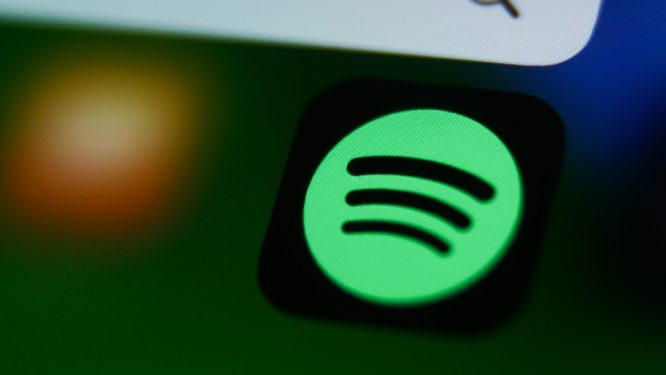Introduction
Spotify has recently announced significant changes to its royalty model, which could potentially revolutionize the music industry. These changes are expected to generate over $1 billion in revenue for the company within the next five years. The new policy aims to shift the focus from individual songs to entire albums, altering how artists and record labels are compensated. This shift is a bold move that could impact not only Spotify but also other platforms relying on the same model.
Background
The Change in Context
Before this announcement, Spotify had been facing criticism for its royalty model, which was criticized for being too singularly focused on individual songs. Critics argued that this limited artists’ creative control and could stifle innovation. Spotify responded by introducing several changes, including an increased cut of 15% from record labels to artists, a shift that has already begun to affect the industry.
Company’s Perspective
Spotify executives have emphasized that this change is not an end to their current model but rather a strategic adjustment to better align with the evolving nature of music consumption. The company believes that the future of music lies in whole albums, which offer more context and depth for listeners. This shift could also help Spotify differentiate itself from competitors who continue to focus on individual tracks.
Minimum Payment Threshold
Implementation Details
Spotify has set a minimum payment threshold of $0.15 per album sold or streamed globally. This means that even if an album is downloaded only once, the artist or label can still earn this minimum amount. This change ensures that smaller artists and indie labels are not penalized for selling a limited number of copies.
Impact on Artists
The new policy directly benefits independent artists who often rely on streaming platforms like Spotify for their income. By ensuring a baseline payment regardless of sales volume, Spotify is providing more support to the lower-tier artists, encouraging them to continue creating and sharing their work.
Disregarded Small Payments
Common Practice in the Industry
Smaller payments are a common occurrence in the music industry, especially with digital downloads becoming more affordable. However, these small amounts often go unnoticed until the end of the year when listeners tally up all their purchases. This trend has led to frustration among artists who feel their contributions are being overlooked.
Spotify’s Response
Spotify acknowledges that many smaller payments are indeed overlooked but argues that this is due to changing consumer habits and the shift towards whole albums. The company is committed to ensuring that all artists, regardless of the album’s reach, receive some form of compensation for their work.
Impact on Popular Tracks
Higher Earnings Potential
Whole albums tend to generate more revenue for artists than individual songs. This is because album sales include a higher markup for streaming rights and physical copies, which can significantly boost an artist’s income. Spotify’s new policy aligns with this reality, encouraging artists to focus on creating comprehensive albums that resonate deeply with listeners.
Artificial Streaming Detection
Enhanced Algorithms
Spotify has upgraded its algorithms to detect artificial streaming more effectively. These algorithms now analyze a variety of metrics, including listening patterns and user behavior, to identify genuine tracks. This detection process is fair for both artists and consumers, as it ensures that only authentic content is rewarded.
Preventing Noise Gaming
Metrics to Limit Manipulation
Spotify has implemented several metrics to prevent noise gaming, such as disallowing certain types of tracks from being flagged based on their length or other characteristics. This approach aims to make it more difficult for individuals or bots to bypass detection, ensuring that only genuine listeners contribute to an artist’s revenue.
Conclusion
Spotify’s new royalty model represents a significant step forward in the music industry. By focusing on whole albums and providing fair compensation for all artists, Spotify is setting a higher standard for how revenue should be distributed. This change could lead to more innovative music creation and a healthier environment for independent artists. While there are challenges ahead, such as adapting to changing consumer habits, Spotify’s commitment to this new model positions it as a leader in the industry.
Note: The bio of Aisha Malik is included here for context on Spotify’s industry position but does not affect the main article content.





